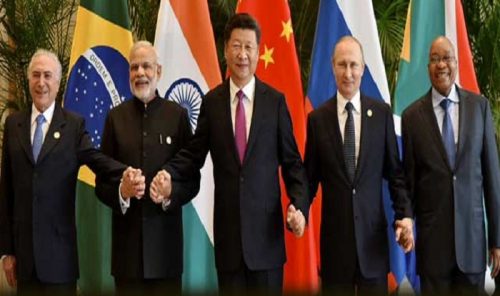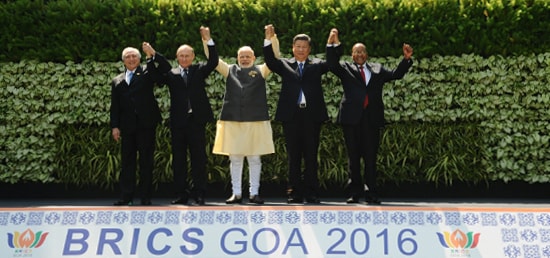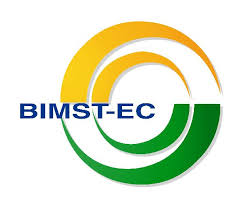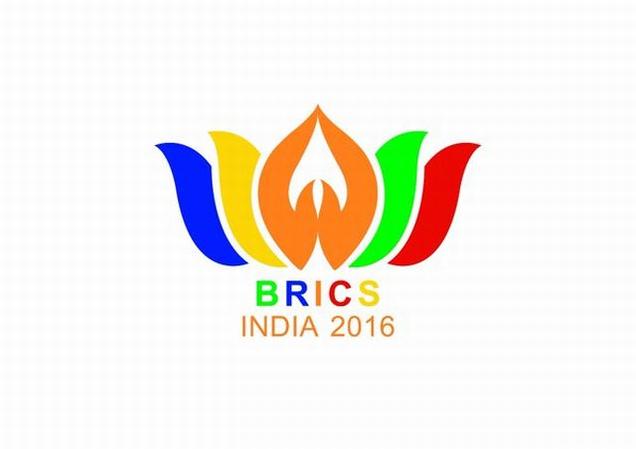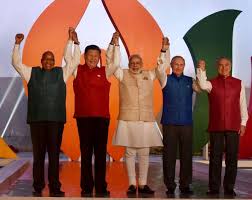
Beyond Doklam: Modi hopeful of ‘positive’ BRICS summit
The resolution of the Doklam border standoff between India and China appears to have paved the way for a successful BRICS summit in Xiamen, with Prime Minister Narendra Modi stressing that he was looking forward to “productive discussions and positive outcomes that will support the agenda of a stronger BRICS partnership under the chairmanship of China.”
I also look forward to productive discussions and positive outcomes that will support the agenda of a stronger BRICS partnership under the chairmanship of China,” the Indian leader said.
In his message, Mr Modi underscored the importance of BRICS as a force for upholding world peace, a veiled reference to the potential and role of the BRICS grouping as a platform for easing tensions between member countries.
The 9th BRICS summit in Xiamen will mark the beginning of another decade of BRICS, with Chinese President Xi Jinping promising “a golden decade” of BRICS. The Xiamen summit is expected to culminate in a vision statement for consolidation and expansion of the BRICS to entrench it as the most influential forum of emerging economies and South-South cooperation.
Looking ahead, it seems the two emerging countries have decided to compartmentalize their bilateral relations and cooperation in pluralistic and multilateral forums like BRICS. In this regard, PM Modi’s bilateral talks with his Chinese host Xi Jinping on the sidelines of the BRICS summit will be crucial in mapping the way forward for this conflict-prone relationship between Asia’s leading economies.


